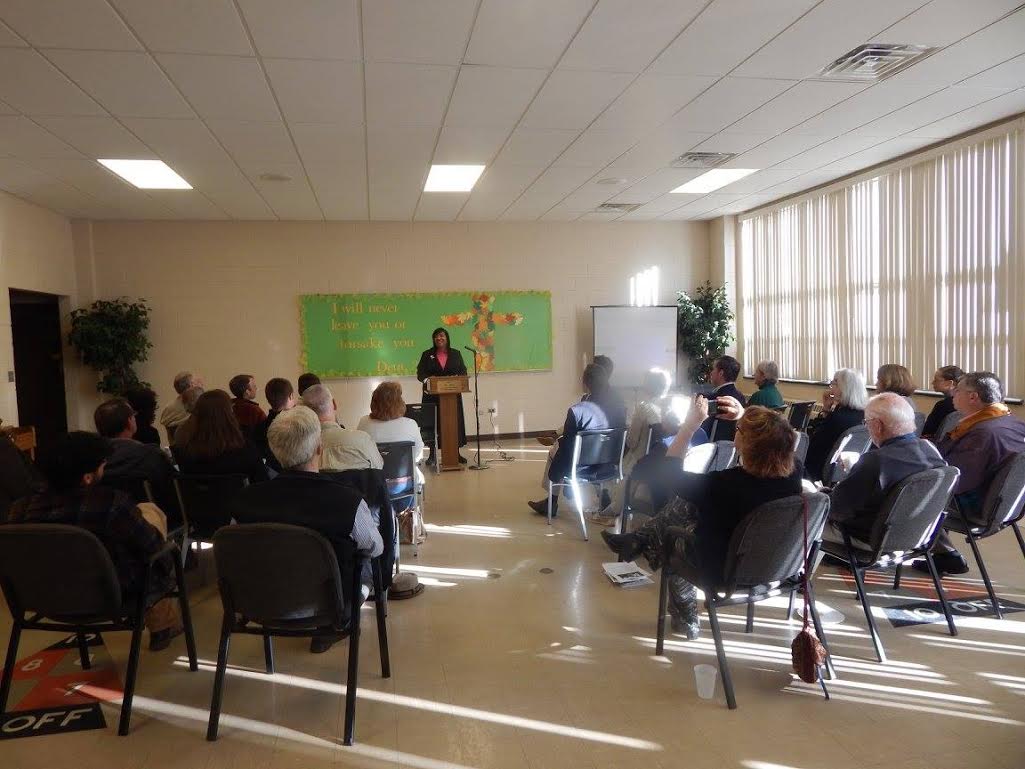Every year, I have the wonderful task of arranging a series of clergy breakfasts across the state with the goal of educating faith leaders about immigrants in their communities and facilitating the development of relationships among clergy who are excited about working with immigrants locally. To do this, I bring in community leaders who can speak to the work they are doing. In some, this is very easy to find – there are already churches serving immigrants who can share their failures and successes, and there are already community organizations working to help immigrants adjust to life in a new country. However, in some places throughout the state, these are not easy to find, and I am left wondering what recent arrivals would do in order to access the basic services one needs in a new city, especially when they don’t know the language or have any resources or support systems.
This year I visited many areas where I had not previously had contacts, including Wrightsville Beach to the east, Henderson to the north, Weaverville to the west and Fayetteville to the south. This year I was overwhelmed by the diversity of speakers who were willing to share their experiences and expertise. We heard from a mental health practitioner who talked about the trauma of migration and the inability for those without insurance to access culturally competent, bilingual health services. We heard from pastors who are serving their refugee and farmworker neighbors and were inspired by the transformational experience this brings to a congregation. We heard from former poultry workers who now organize other workers in order to fight for more just workplace conditions. We heard from a first-generation Latino seminary student who talked about the difficulties that youth face in being bicultural.
From health care to education to workers’ rights and organizing for racial justice across communities of color, the problems facing immigrants in our communities are immense, diverse and divisive. However, the challenges must not be ignored just because they are difficult; they can be handled with dignity, resolution, cooperation and faith. That is the message constantly being affirmed at the clergy breakfasts and then carried out into the surrounding communities.
Thank you to everyone who worked to make these events a success. Thank you to the six churches that acted as gracious hosts; thank you to the 110 faith leaders who came out to learn; and thank you to all of the congregations, faith leaders, and community organizations who work every day to make our state more welcoming to immigrants. I continue to be inspired by the work that you do and look forward to sharing these experiences with others.

